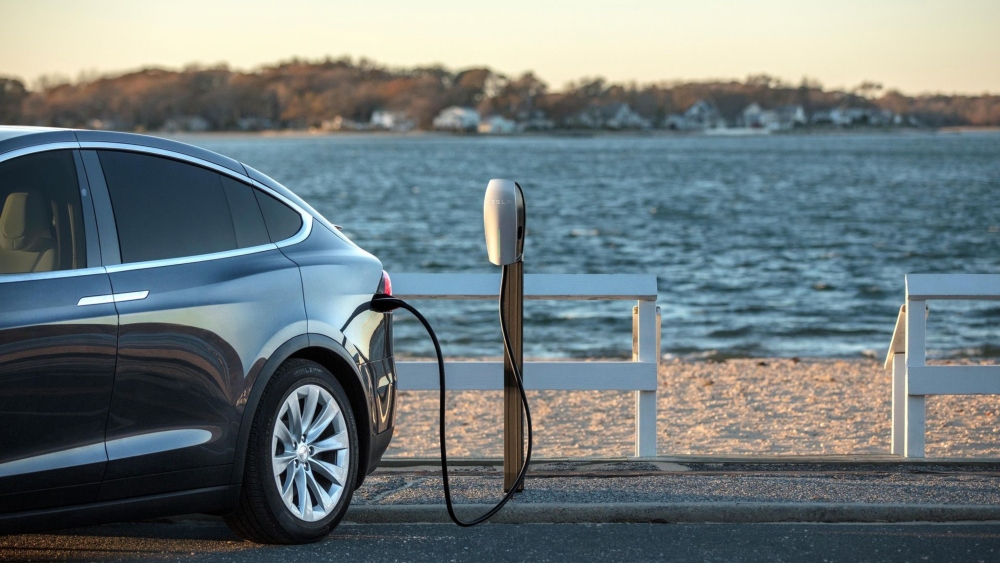A Very Nifty A-Z Guide To EV/Hybrid Cars


Hello there! If you are reading this, you are probably feeling a little discombobulated with the amount of abbreviations and terms associated with electric/hybrid cars, am I right?
We've put together this uncomplicated A-Z, so grab a cuppa and get reading!
Ah
No, it doesn't mean the noise you make when you get into bed after a long day. This stands for Ampere Hours. Occasionally, electric cars' capacity is measured in Ah, instead of kWh (don't worry, we'll get to that).
Alternatively Fuelled Vehicle
Any car that is powered by anything other fuel than petrol or diesel. Simples!
EV
This stands for electric vehicle, which runs solely on electric power, most commonly powered by a lithium battery.
Fast Charging
A particular speed at which you can charge your EV, usually delivering 7-22 kW
Hybrid Electric Vehicle (HEV)/ Hybrid Vehicle
These are, as the name suggests, hybrids of both EVs and petrol/diesel ran cars. They have petrol/diesel engines which power the motor after the electricity has been used up. These types of car don't need charging as they charge through regenerative braking technology. Impressive!
Hydrogen Electric Vehicle
This vehicle mixes hydrogen and oxygen in a fuel cell to generate electricity, which powers the car but is very rare due to its rather hefty price tag. Plus, there are only 13 operational hydrogen charging stations around the UK to date.
kWh
The capacity of the batteries in electric/hybrid cars is measured in Kilowatt Hours (kWh). The Tesla Model 3 is available with a 50 and 75 kWh battery, which equate to real-world range of 220 and 310 miles respectively. Not bad ey!
Mains Charger
There are a few different ways to charge your EV/HEV and one way is through the 3-pin plug in the mains however it would take much longer than a dedicated charging point and we would advise getting the go ahead from an electrician before trying it.
Lithium Ion
Most EV/HEV batteries are made from lithium ion, much like the battery in your mobile phone or laptop but on a bigger scale. Capacity does decline over time but these batteries are expected to retain approximately 80% of their capacity after 8 years of daily use.
Plug-In Hybrid Electric Vehicle (PHEV)
Similar to the HEV mentioned earlier (scroll back up if you aren't sure) except these vehicles are to be plugged in to be charged, just like an EV!
Public Charger
These are pretty self-explanatory and do what they say on the tin. Found on roadsides, in car parks, at motorway service stations and various tourist spots and hotels, these chargers are usually fast or rapid chargers, due to demand of usage. There are currently chargers at over 6000 locations in the UK and you can locate them using one of Top Free Apps for EV/Hybrid Charging Points. Pretty convenient wouldn’t you say?
Rapid Charging
Currently the fastest type of charging available, delivering between 43 and 50 kW.
Slow Charging
There is always two sides to the coin and unfortunately there is a slow type of charging. Typically delivering 3kW, this type of charging will most likely be done at home, overnight. See you can even be productive while you sleep!
Type 1 Five-Pin Plug
Okay so bad news is there is more than one type of plug. The good news is there are only two main types and they are distinguished by number of pins. The five-pin plug tends to be found on EVs manufactured by Asian brands with the exception of Nissan and is used for both slow and fast charging, but not rapid.
Type 2 Seven-Pin Plug
This plus has, unsurprisingly, seven pins and can be used for slow, fast and rapid charging. It has one flat edge and this connector is typically found on EVs manufactured by European brands.